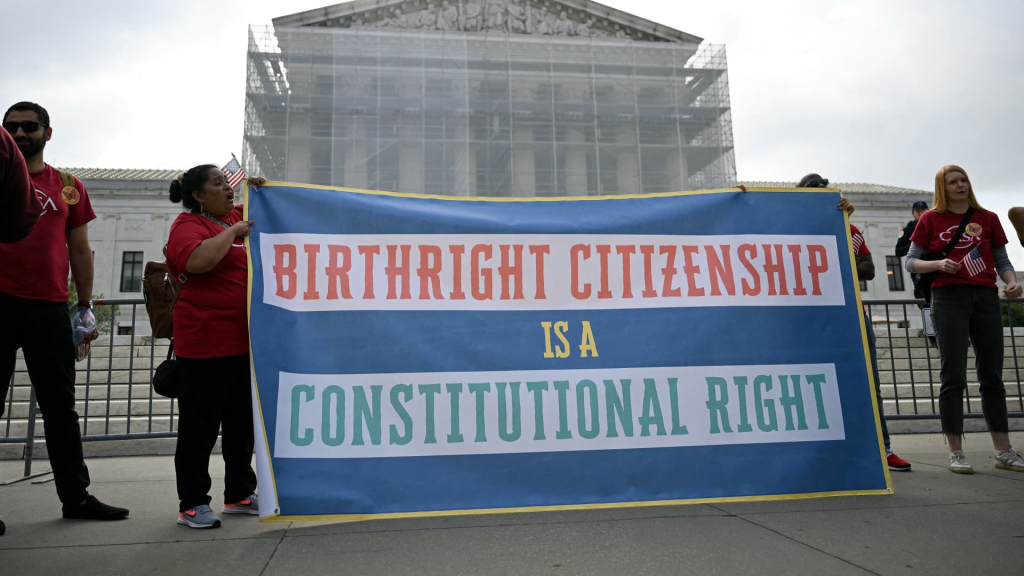On Friday, the Supreme Court made a significant ruling that restricts the ability of federal judges to issue universal injunctions. This legal framework had previously served as a tool to prevent President Donald Trump’s executive order aimed at terminating birthright citizenship.
The court’s decision, rendered with a 6-3 vote, reflects a division within the conservative-majority bench, allowing the Trump administration to advance its plans to alter longstanding U.S. citizenship policies and other substantial regulations.
This case arose from several nationwide injunctions granted by federal district court judges in response to three separate lawsuits opposing Trump’s citizenship directive. These injunctions had temporarily halted the enforcement of the executive order while the legal challenges were addressed in the judicial system.
However, the Supreme Court concluded that “Universal injunctions likely exceed the equitable authority that Congress has given to federal courts.” In its ruling, the majority granted a request from the Trump administration to suspend those injunctions but noted that this suspension applies only insofar as the injunctions extend beyond what is necessary to provide complete relief for each plaintiff with standing to file a suit.
This is breaking news. Please refresh for updates.


























